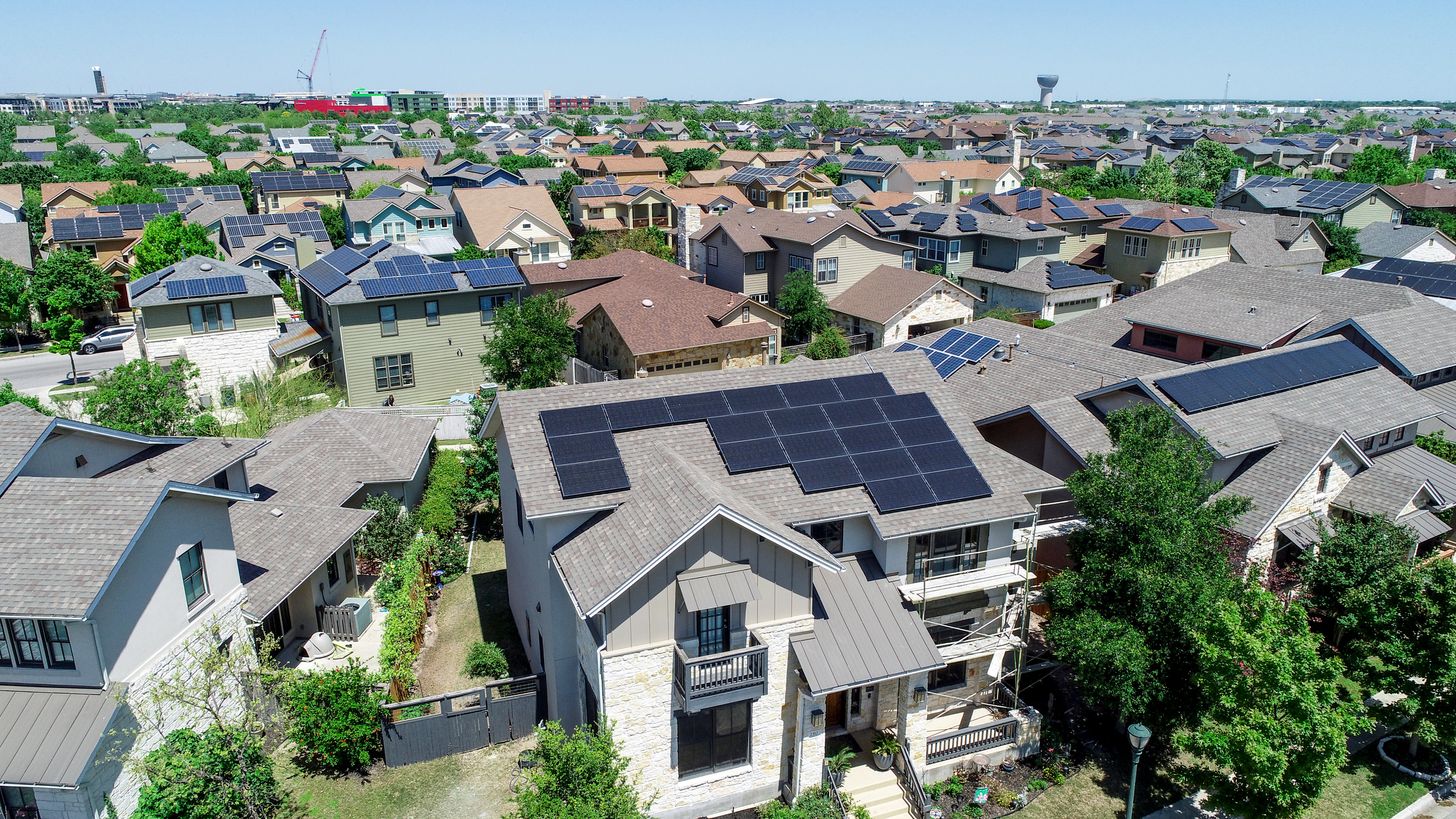Scott P. Burger, Ian Schneider, Audun Botterud, Ignacio Pérez-Arriaga

Utilities, regulators, and academics no longer debate whether or not distributed energy resources (DERs) will reshape the power sector; they now debate what form this transformation will take and when it will take place. At the center of the new vision for the power sector is the consumer. DERs give consumers new options for sourcing and managing their electricity, while offering utilities and service providers new means to provide better services to their customers. This trend could deliver significant benefits to electricity consumers by lowering costs, increasing reliability, lowering emissions, and enhancing customer choice. However, if integrated poorly, DERs could increase power system costs and emissions.
Regulators, policy makers, consumer advocates, and utilities seek to ensure that DER integration increases – rather than decreases – the social net benefits of the power system. While many regulatory and market changes will be required to efficiently integrate DERs, changes to tariff design are one of the primary tools for increasing the benefits of customer engagement and DER adoption. The New York Department of Public Service concluded that value-driven DER adoption requires “more precise price signals for these new products and services that will, over time, convey increasingly granular system value further enabling increasingly accurate compensation and driving informed and therefore effective investment decisions.” New York is not alone. In 2017, regulators in 45 of 50 U.S. states and the District of Columbia opened dockets related to tariff design or made changes to tariff design to better enable socially beneficial DER integration. Similarly, in November 2016, the European Commission issued a sweeping set of rulings designed to put consumers at the center of the European power system; tariff design was central to the new rulings.
Of course, economics is not the only consideration in tariff design. In order for regulators to adopt more efficient tariff designs, these tariffs must be socially and politically acceptable. The perception of the fairness and equity of a tariff are critical aspects of whether or not the tariff will be accepted, and fairness considerations have historically been critical components of regulatory decision making. For example, both the Massachusetts Department of Public Utilities (DPU) and the New York Department of Public Service list fairness as a core principle for tariff design, and the Massachusetts DPU recently cited fairness in a recent ruling denying a utility’s petition for an increase in fixed charges. Similarly, the Nevada Public Utilities Commission recently overturned a previously approved increase in fixed charges, citing, fairness considerations. These anecdotes are supported by the fact that equity is central to commonly cited tariff design principles.
This paper builds on existing literature to examine the issue of whether or not efficient tariffs are fair and equitable. While many scholars have considered the economic and emissions implications of efficient tariffs and their relationship to DER adoption, comparatively few have examined fairness and equity considerations. This paper aims to fill this gap, with a special focus on the equity and fairness of efficient and inefficient tariffs in the presence of DERs.
This paper provides a clear definition of several key equity and fairness considerations in the context of electricity rate design and proposes distinct mechanisms for improving each consideration. Different groups and individuals often have different views of what is fair and equitable, and these views are sometimes grouped together or blurred in discussions regarding fairness and equity. The clear delineations we describe enable a better understanding of how efficient tariffs will impact different aspects of equity and fairness. This paper uses illustrative examples to highlight how properly designed, efficient tariffs can improve equity and fairness along many dimensions in the presence of DER adoption. Moving to more efficient tariff designs is critical to ensuring that customer choice and the resulting customer stratification benefit society as a whole, rather than a single customer or set of customers at the expense of others. As this paper highlights, in many cases, tariffs can be made more efficient without compromising equity and fairness.
References
Burger S. P., I. Schneider, A. Botterud, and I. Pérez-Arriaga, 2018, “Fair, equitable, and efficient tariffs in the presence of distributed energy resources.” MIT CEEPR Working Paper 2018-012.
Further Reading: CEEPR WP 2018-012






